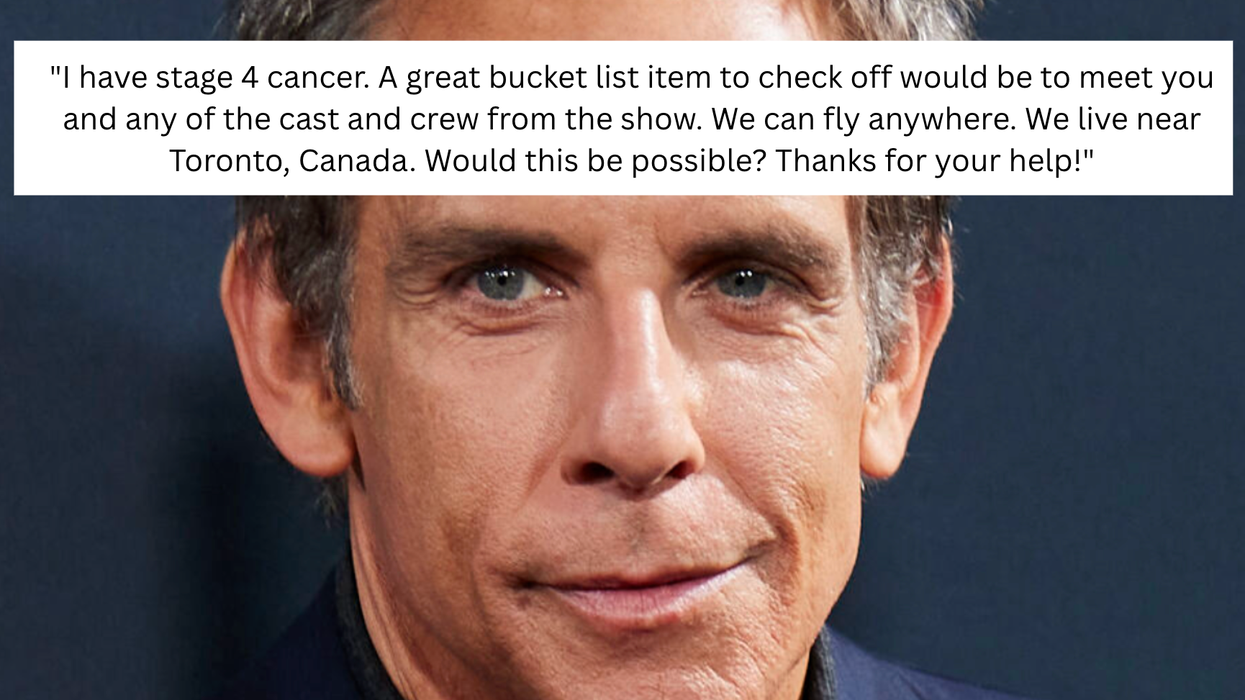Google acquired Titan Aerospace this week, a New Mexico startup that builds solar-powered drones that can stay aloft for years at a time. The purchase comes a month after Facebook acquired a drone company of its own, the UK-based Ascenta. It seems tech giants are expanding into the skies.
The incentive? According to Facebook, 10 to 20 percent of the world's population lacks access to 2G or 3G networks. To internet companies, they are an untapped market. Google and Facebook, flush with the type of intellectual and financial resources small nations could only dream of, have set out to bring that percentage down.
Last June, Google launched "Project Loon," a proposed network of hot air balloons that will ride wind patterns in the stratosphere, and would be equipped with antennas that broadcast connectivity to the ground. Google tested Loon balloons last summer in New Zealand and continues to refine the technology in California's Central Valley.
That project's goals mirror those of Facebook's new "Connectivity Lab," announced after its Ascenta acquisition last month. The lab aims to develop technologies to "bring internet access to everyone in the world."
To this segment of corporate techno-science, drones are the next frontier. The type of 65,000-feet-high, autonomous broadband network teased by both companies has proved out of reach, but unmanned aircraft with the amount of airtime flaunted by the startups Facebook and Google scooped up could be the missing link. Titan Aerospace employees will contribute to Project Loon, according to the Wall Street Journal. Likewise, Facebook CEO Mark Zuckerberg posted a status announcing that Ascenta's employees will join Facebook's Connectivity Lab.
[youtube]https://www.youtube.com/watch?v=pxX6r-xDgG4
The more important question: Will developing nations actually benefit?
Zuckerberg laid out his rather broad philosophy last month in a paper that introduced the Connectivity Lab:
"When people have access to the internet, they can not only connect with their friends, family and communities, but they can also gain access to the tools and information to help find jobs, start businesses, access healthcare, education and financial services, and have a greater say in their societies.
They get to participate in the knowledge economy. Building the knowledge economy is the key to solving many of our big social and economic challenges, and creates new growth and opportunities for people in every country."
Recent studies support the notion that internet access boosts development, if on more specific terms than those laid out by Zuckerberg.
Last November, the consulting firm McKinsey predicted that if the internet reached the same scale and impact in Africa as mobile phones have, it could contribute $300 billion to the continent's GDP by 2025. A Brookings Institute paper published this February argued that the internet is a key tool in opening developing countries to international trade.
There is also the argument, brought to the top of the news cycle this month by USAID's failed "Cuban Twitter" scheme, that increased internet access improves free speech. A February Pew survey of 24 nations that lack majority access to the internet comments on this idea. In 21 of 24 nations surveyed, a majority of internet users participate in social media. And while the most popular topics of conversation are music and movies, at least six-in-ten social media users in Egypt, Lebanon, Tunisia, and Jordan say they share their political views online.
In any case, Google's and Facebook's investments prove Silicon Valley's continued commitment to expand global internet access. Drones are but the latest tool.
















 Otis knew before they did.
Otis knew before they did.